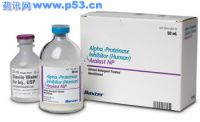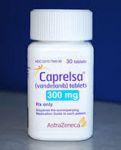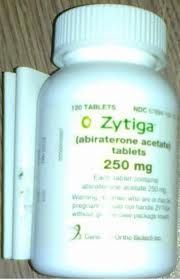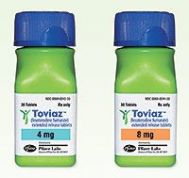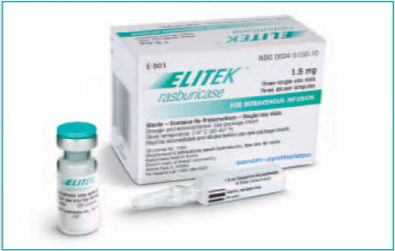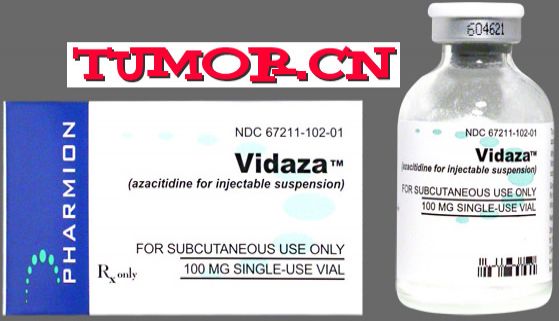|
What is Aralast NP (alpha 1-proteinase inhibitor)?
Alpha 1-proteinase inhibitor is a protein, also called alpha 1-antitrypsin. This protein occurs naturally in the body and is important for preventing the breakdown of tissues in the lungs. In people who lack the alpha 1-antitrypsin protein, breakdown of lung tissues can lead to emphysema (damage to the air sacs in the lungs). Alpha 1-proteinase inhibitor is used to treat alpha 1-antitrypsin deficiency in people who have symptoms of emphysema. Alpha 1-antitrypsin deficiency is a genetic (inherited) disorder and alpha 1-proteinase inhibitor will not cure this condition. Alpha 1-proteinase inhibitor may also be used for other purposes not listed in this medication guide. What is the most important information I should know about Aralast NP (alpha 1-proteinase inhibitor)? You should not use this medication if you have ever had an allergic reaction to alpha 1-proteinase inhibitor, or if you have an IgA deficiency or antibody against IgA. Get emergency medical help if you have any of these signs of an allergic reaction: hives; wheezing, difficulty breathing; feeling like you might pass out; swelling of your face, lips, tongue, or throat. Alpha 1-proteinase inhibitor is made from human plasma (part of the blood) and may contain viruses and other infectious agents that can cause disease. Although donated human plasma is screened, tested, and treated to reduce the risk of it containing anything that could cause disease, there is still a small possibility it could transmit disease. Talk with your doctor about the risks and benefits of using this medication. What should I discuss with my health care provider before using Aralast NP (alpha 1-proteinase inhibitor)? You should not use this medication if you have ever had an allergic reaction to alpha 1-proteinase inhibitor, or if you have an IgA deficiency or antibody against IgA. FDA pregnancy category C. Alpha 1-proteinase inhibitor may be harmful to an unborn baby. Tell your doctor if you are pregnant or plan to become pregnant during treatment. It is not known whether alpha 1-proteinase inhibitor passes into breast milk or if it could harm a nursing baby. Do not use this medication without telling your doctor if you are breast-feeding a baby. How should I use Aralast NP (alpha 1-proteinase inhibitor)? Alpha 1-proteinase inhibitor is usually given once per week. Use this medication exactly as prescribed by your doctor. Do not use it in larger amounts or for longer than recommended. Follow the directions on your prescription label. Alpha 1-proteinase inhibitor is given as an injection through a needle placed into a vein. Your doctor, nurse, or other healthcare provider will give you this injection. You may be shown how to use your medicine at home. Do not self-inject this medicine if you do not fully understand how to give the injection and properly dispose of needles, IV tubing, and other items used in giving the medicine. You will most likely receive your first few doses of this medication in a hospital or clinic setting where your vital signs can be watched closely in case the medication causes serious side effects. Do not shake the medication vial (bottle). Vigorous shaking can ruin the medicine. You may gently swirl the medication while mixing. Store the Aralast brand of this medication in the refrigerator. Do not freeze. Store Prolastin or Zemaira at cool room temperature (no warmer than 77 degrees F), away from moisture and heat. Aralast may also be stored at room temperature but you must use it within 30 days after removing it from the refrigerator. What happens if I miss a dose? Call your doctor for instructions if you miss a dose of alpha 1-proteinase inhibitor. What happens if I overdose? Seek emergency medical attention if you think you have used too much of this medicine. An overdose of alpha 1-proteinase inhibitor is not expected to produce life-threatening symptoms. What should I avoid while taking Aralast NP (alpha 1-proteinase inhibitor)? Follow your doctor's instructions about any restrictions on food, beverages, or activity while you are using alpha 1-proteinase inhibitor. Aralast NP (alpha 1-proteinase inhibitor) side effects Get emergency medical help if you have any of these signs of an allergic reaction: hives; wheezing, difficulty breathing; feeling like you might pass out; swelling of your face, lips, tongue, or throat. Call your doctor at once if you have a serious side effect such as: chest pain, severe headache, buzzing in your ears, uneven heartbeats; fast heart rate; drowsiness, dizziness, weakness; What other drugs will affect Aralast NP (alpha 1-proteinase inhibitor) There may be other drugs that can interact with alpha 1-proteinase inhibitor. Tell your doctor about all your prescription and over-the-counter medications, vitamins, minerals, herbal products, and drugs prescribed by other doctors. Do not start a new medication without telling your doctor. Where can I get more Your pharmacist can provide more information about alpha 1-proteinase inhibitor. Remember, keep this and all other medicines out of the reach of children, never share your medicines with others, and use this medication only for the indication prescribed. Every effort has been made to ensure that the information provided by Cerner Multum, Inc. ('Multum') is accurate, up-to-date, and complete, but no guarantee is made to that effect. Drug information contained herein may be time sensitive. Multum information has been compiled for use by healthcare practitioners and consumers in the United States and therefore Multum does not warrant that uses outside of the United States are appropriate, unless specifically indicated otherwise. Multum's drug information does not endorse drugs, diagnose patients or recommend therapy. Multum's drug information is an informational resource designed to assist licensed healthcare practitioners in caring for their patients and/or to serve consumers viewing this service as a supplement to, and not a substitute for, the expertise, skill, knowledge and judgment of healthcare practitioners. The absence of a warning for a given drug or drug combination in no way should be construed to indicate that the drug or drug combination is safe, effective or appropriate for any given patient. Multum does not assume any responsibility for any aspect of healthcare administered with the aid of information Multum provides. The information contained herein is not intended to cover all possible uses, directions, precautions, warnings, drug interactions, allergic reactions, or adverse effects. If you have questions about the drugs you are taking, check with your doctor, nurse or pharmacist. Stogage ARALAST NP should be stored at temperatures not to exceed 25°C (77°F). Do not freeze. Donot use after the expiration date printed on the label.
摘要:美国Aventis Behring公司称,该公司用于抗α-1胰蛋白酶缺陷性肺气肿的人α-1蛋白酶抑制剂Ⅳ日前已获美国食品药品管理局的快速通道地位。 宾夕法尼亚Aventis SA小组称目前正在对该药的III期临床试验结果进行评估。 该药品之所以获得快速通道地位是由于目前还没有对于A1AD性肺气肿这一严重甚至威胁生命的疾病的充分的治疗方法。在临床试验中上可使用该药的代用品,以加速对该药的复查和批准。 A1AD累及大约100,000美国人,是一种影响肺脏结构和功能的遗传性疾病,如果不治疗,可导致慢性肺气肿甚至早亡。 |
Glassia(α1-人蛋白酶抑制剂)
责任编辑:admin |
最新图片
推荐图片更多
热点图片更多 |


